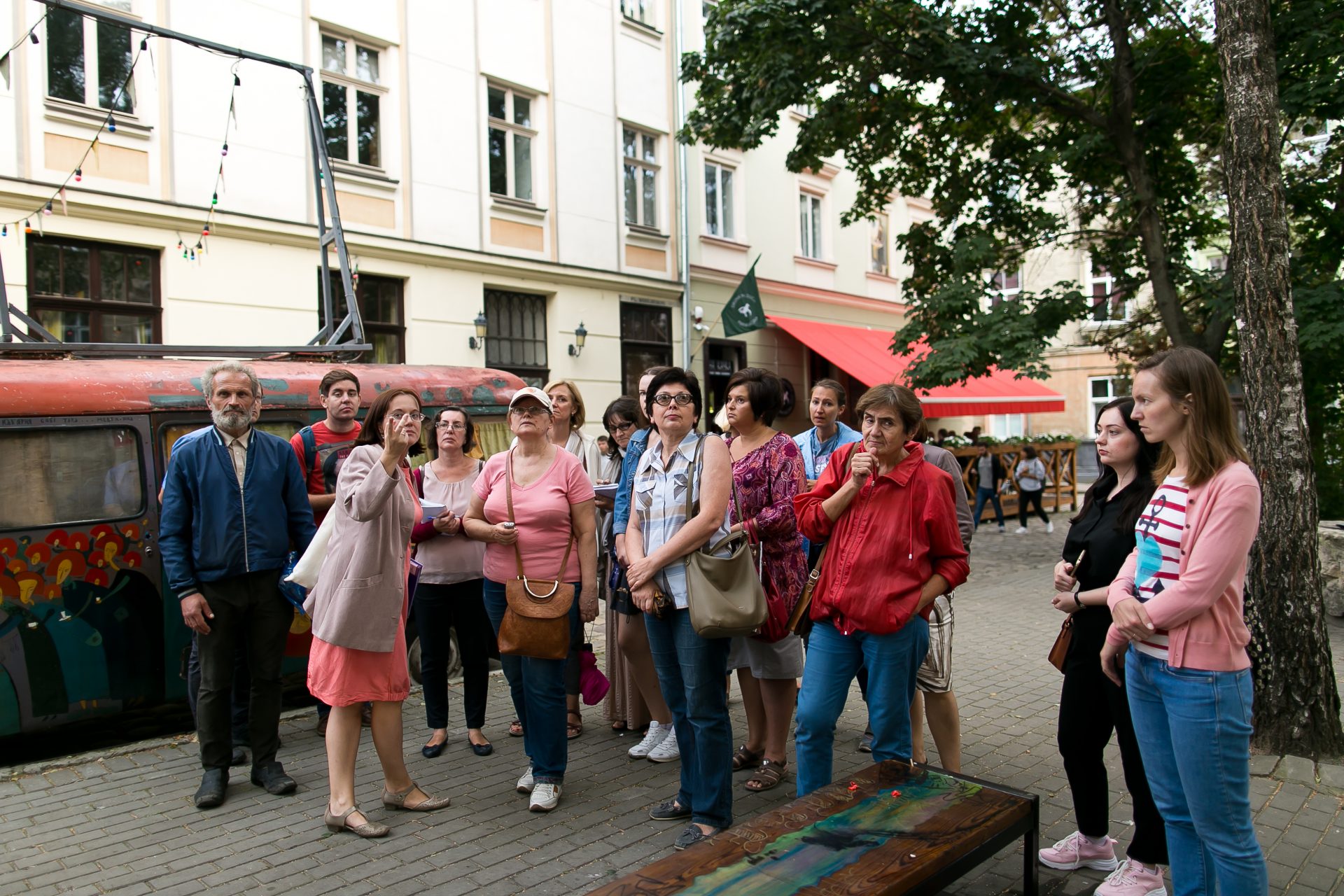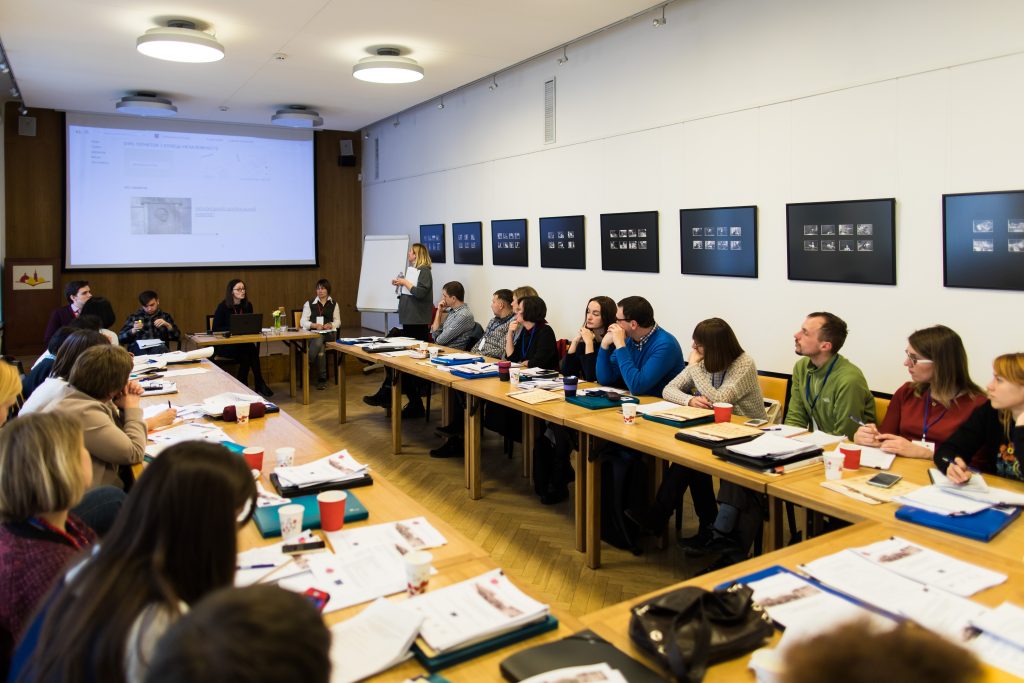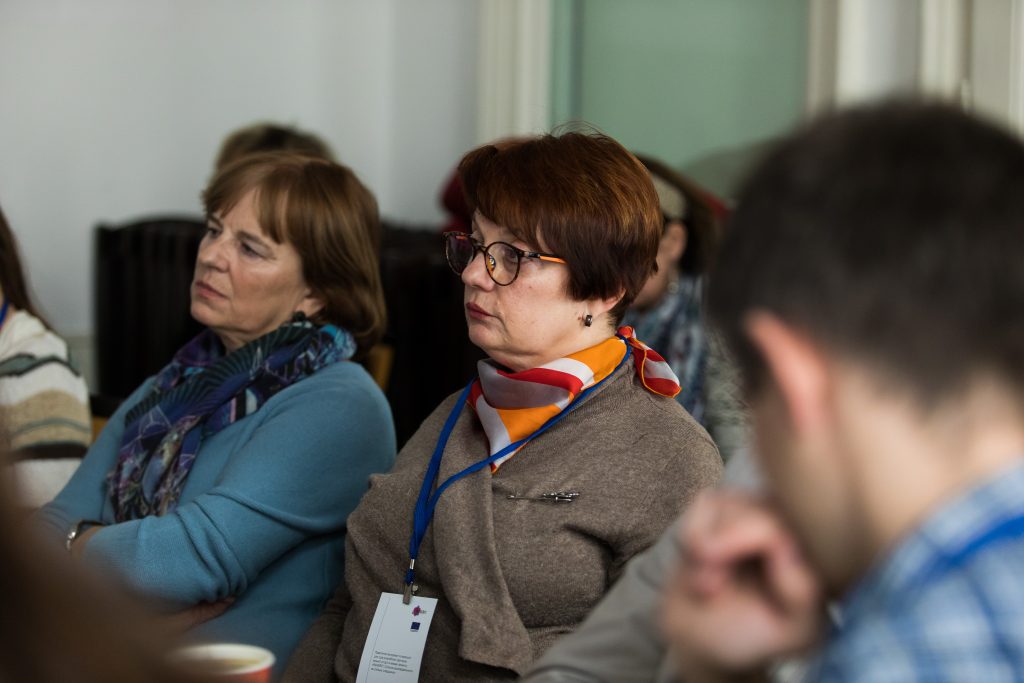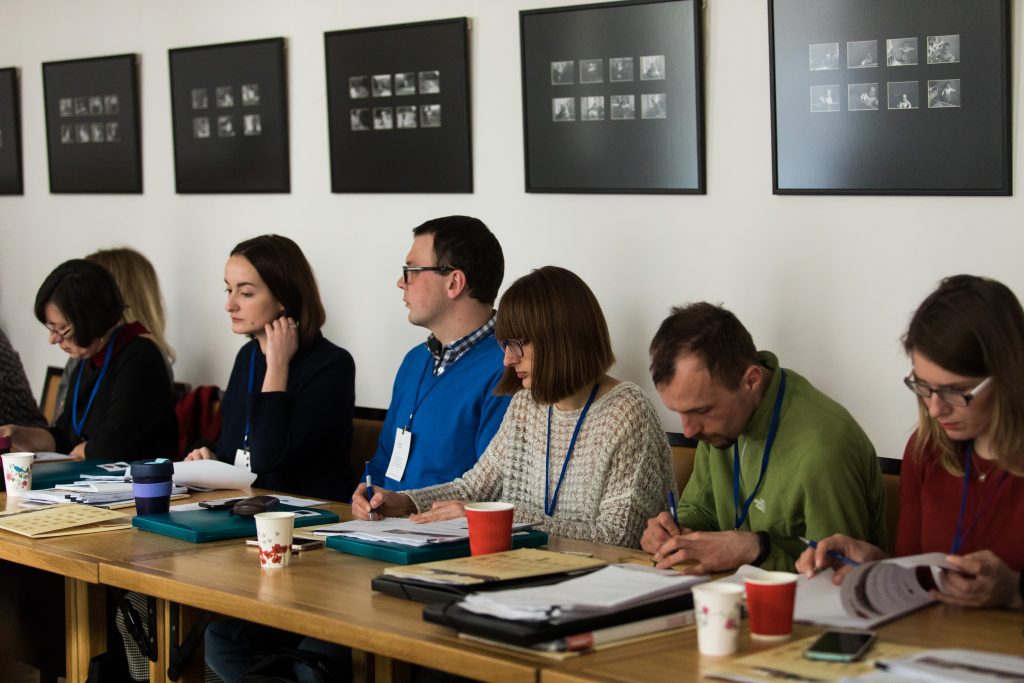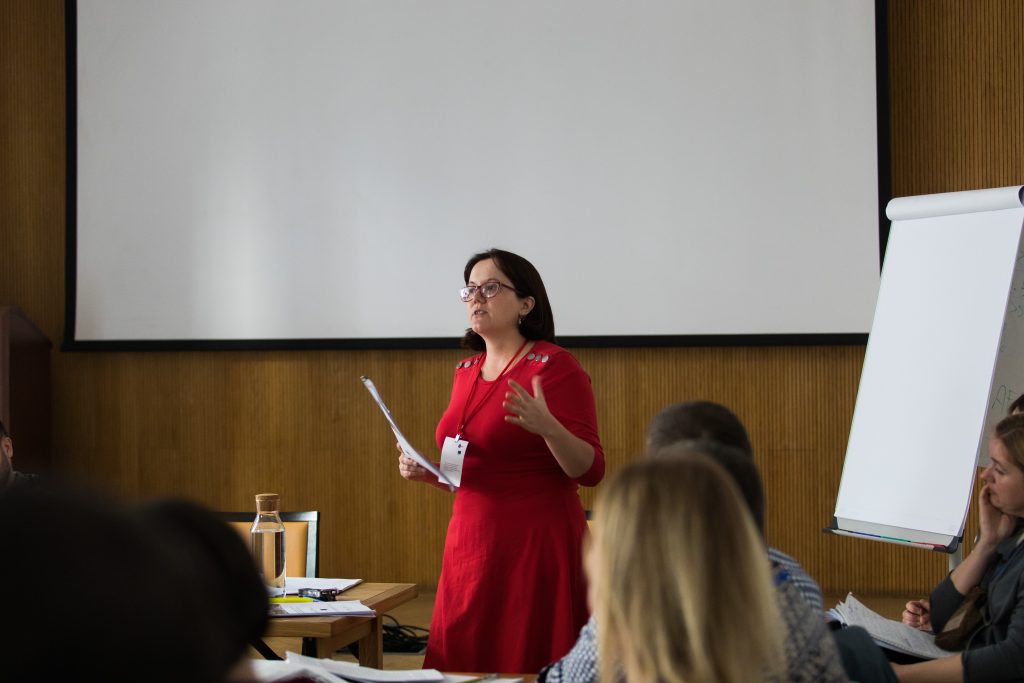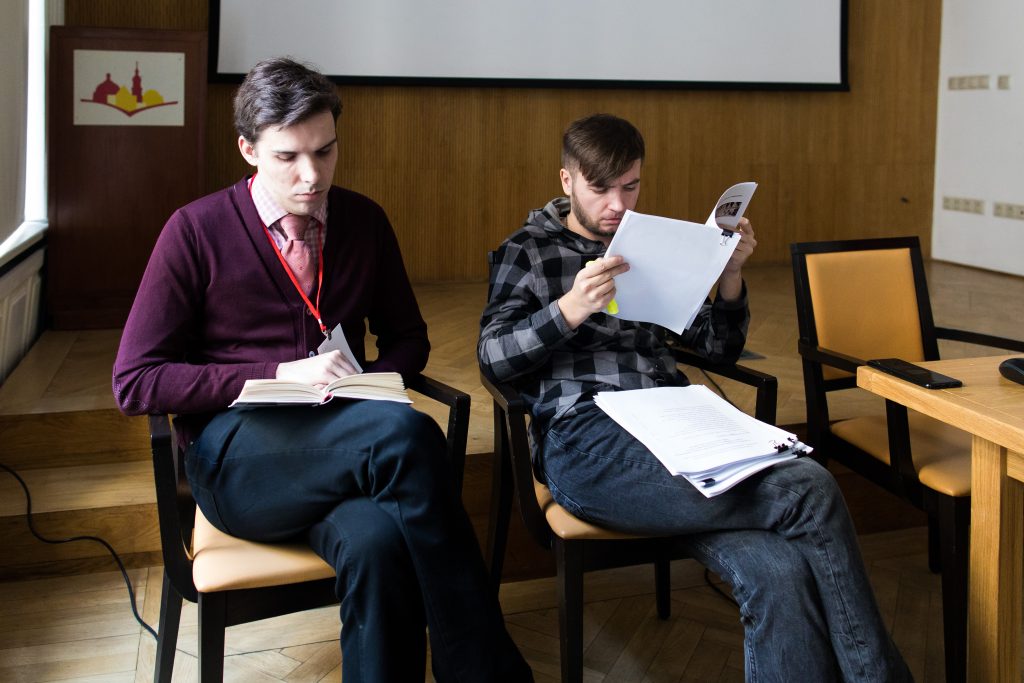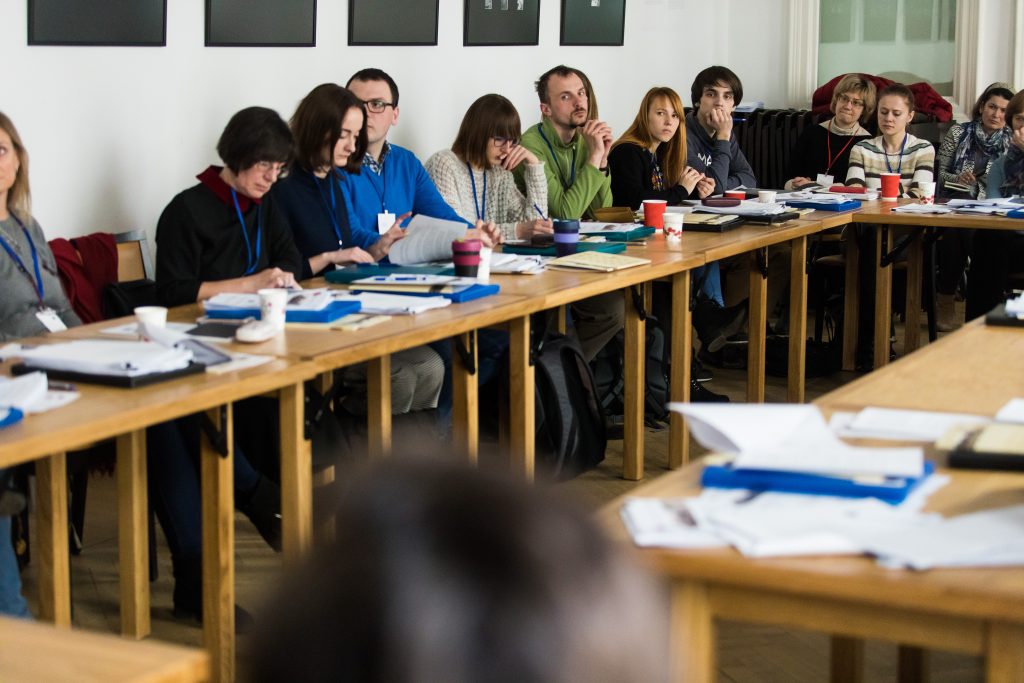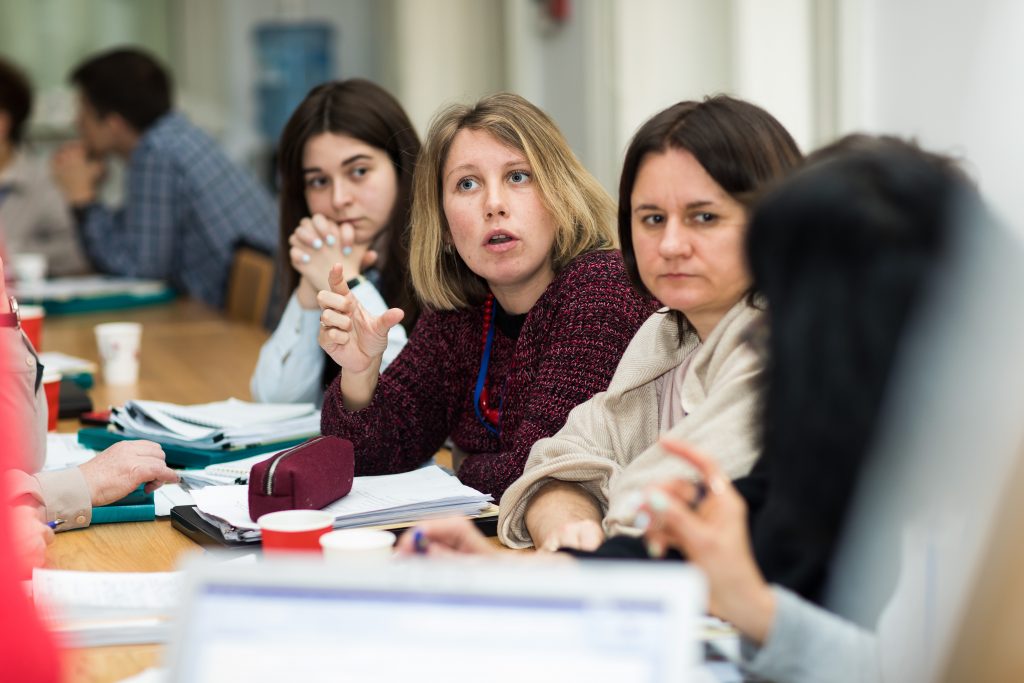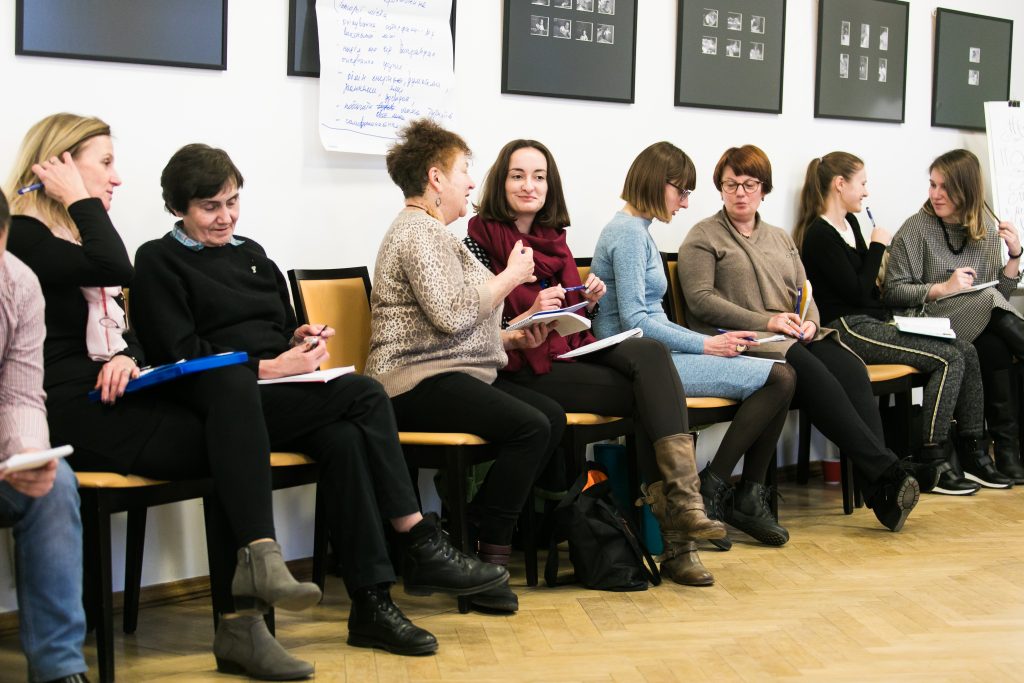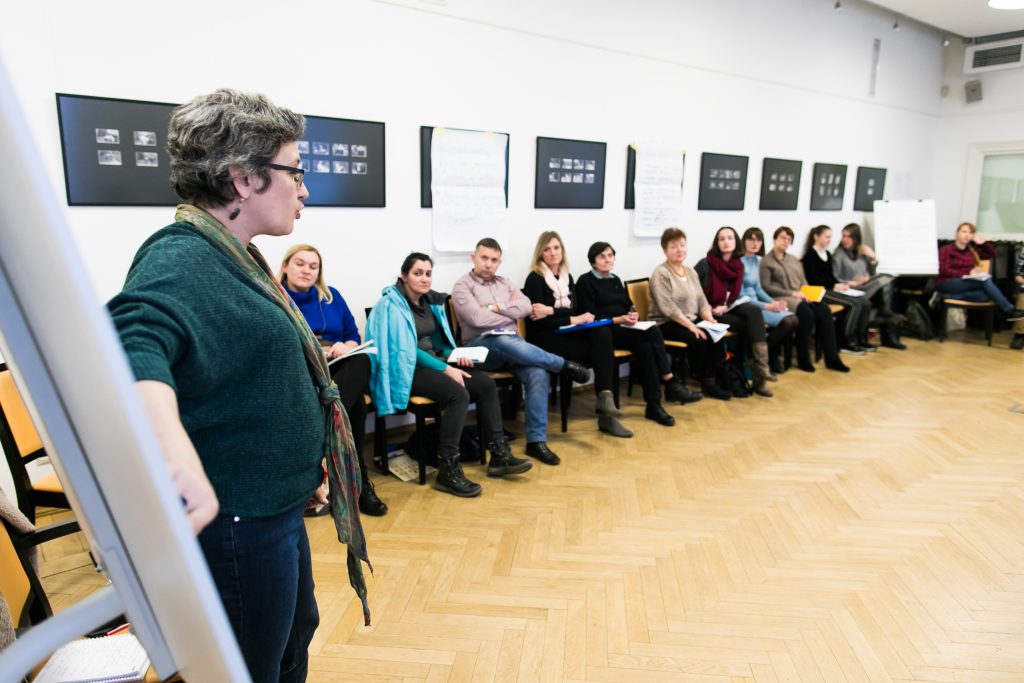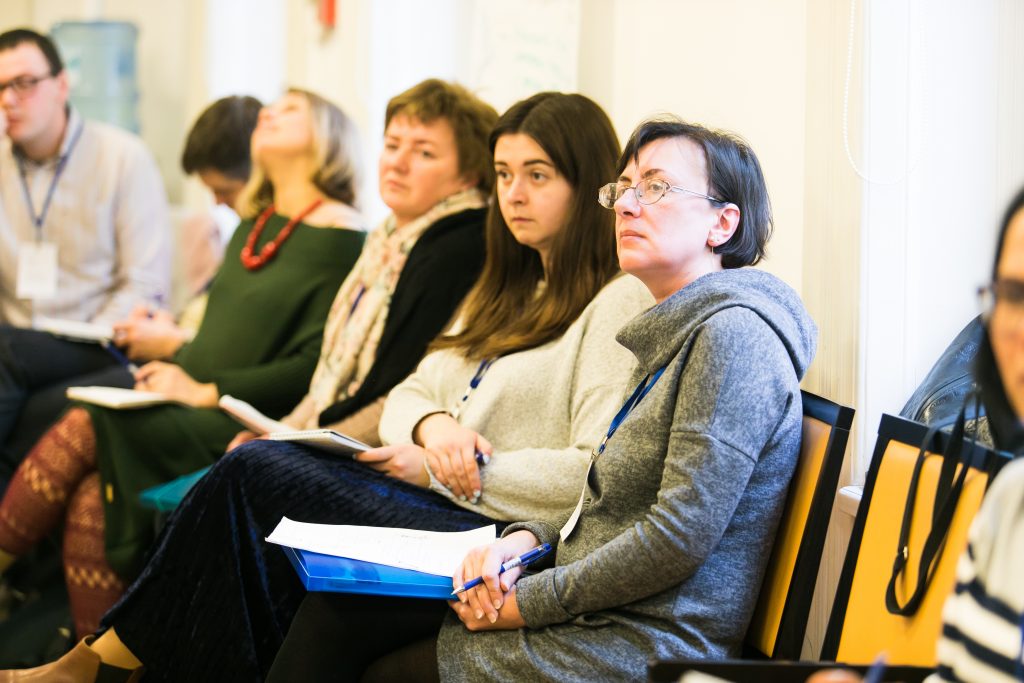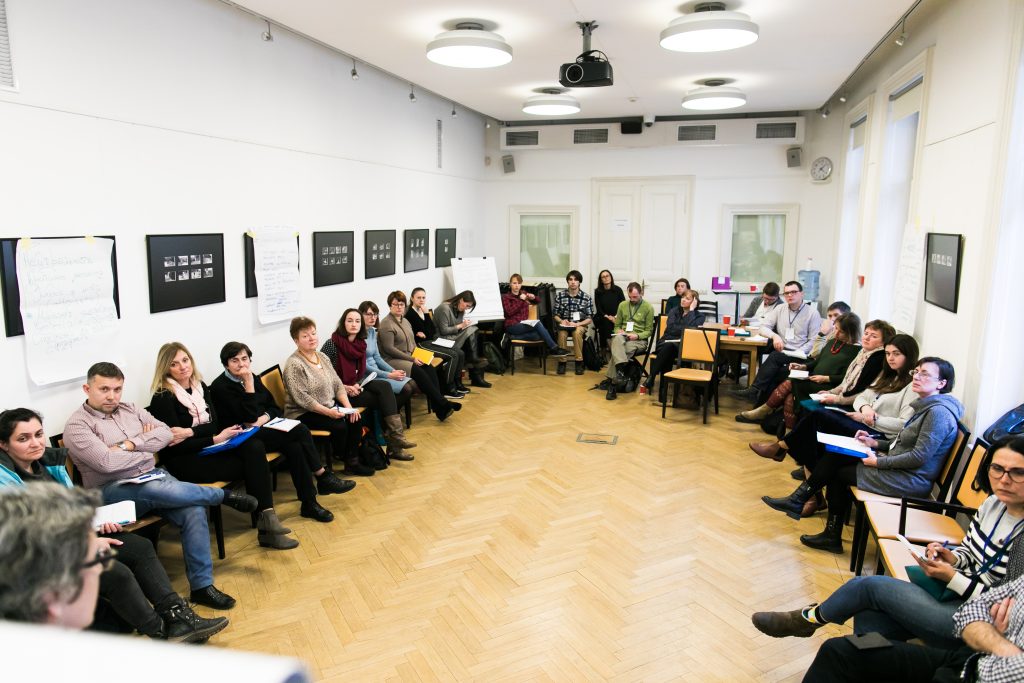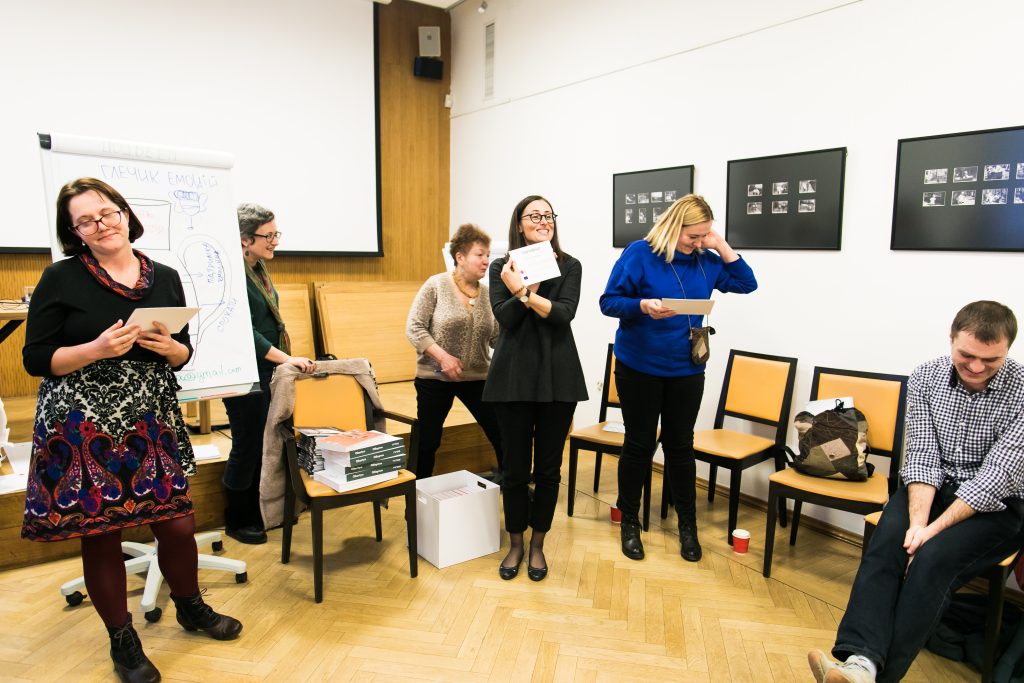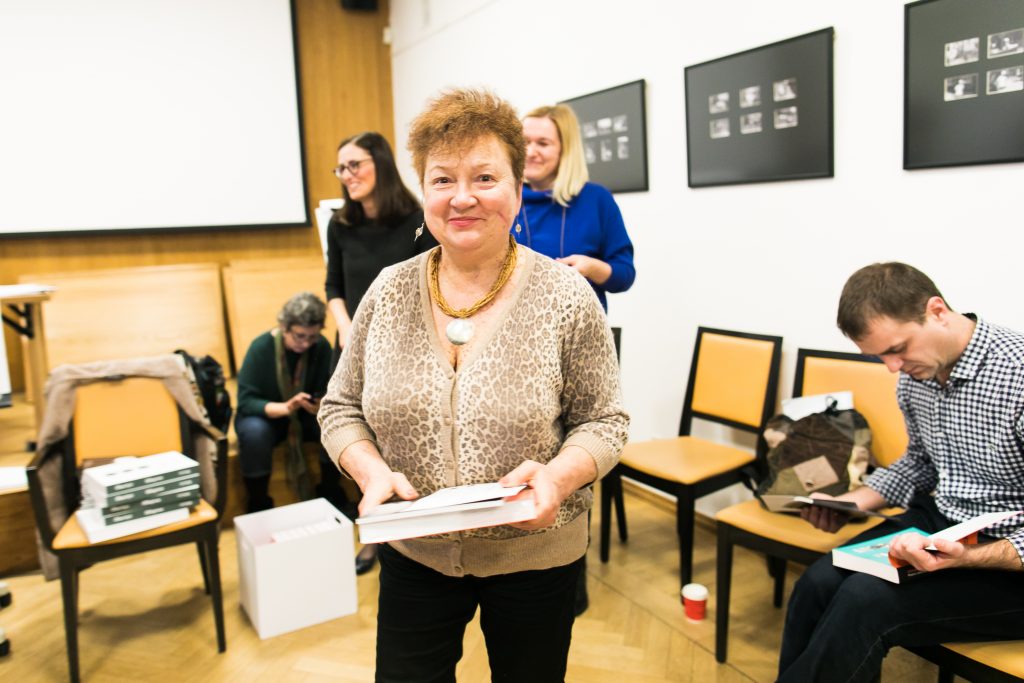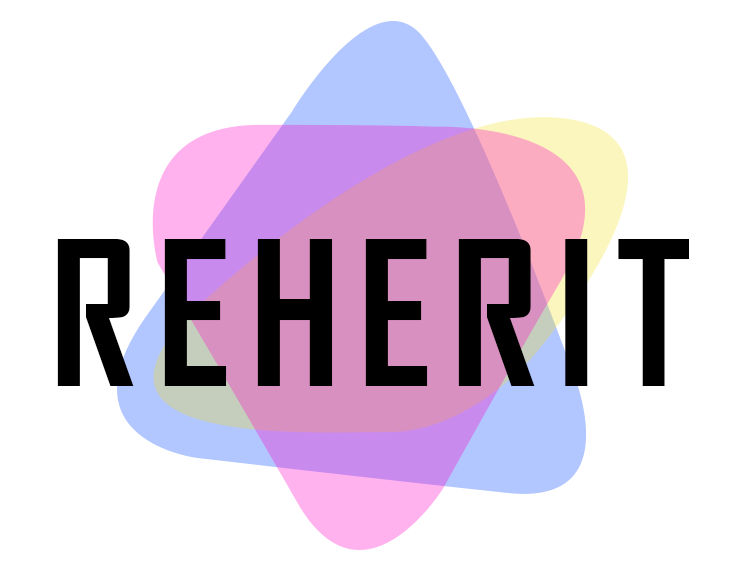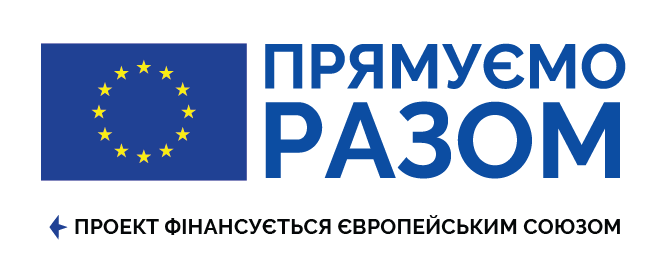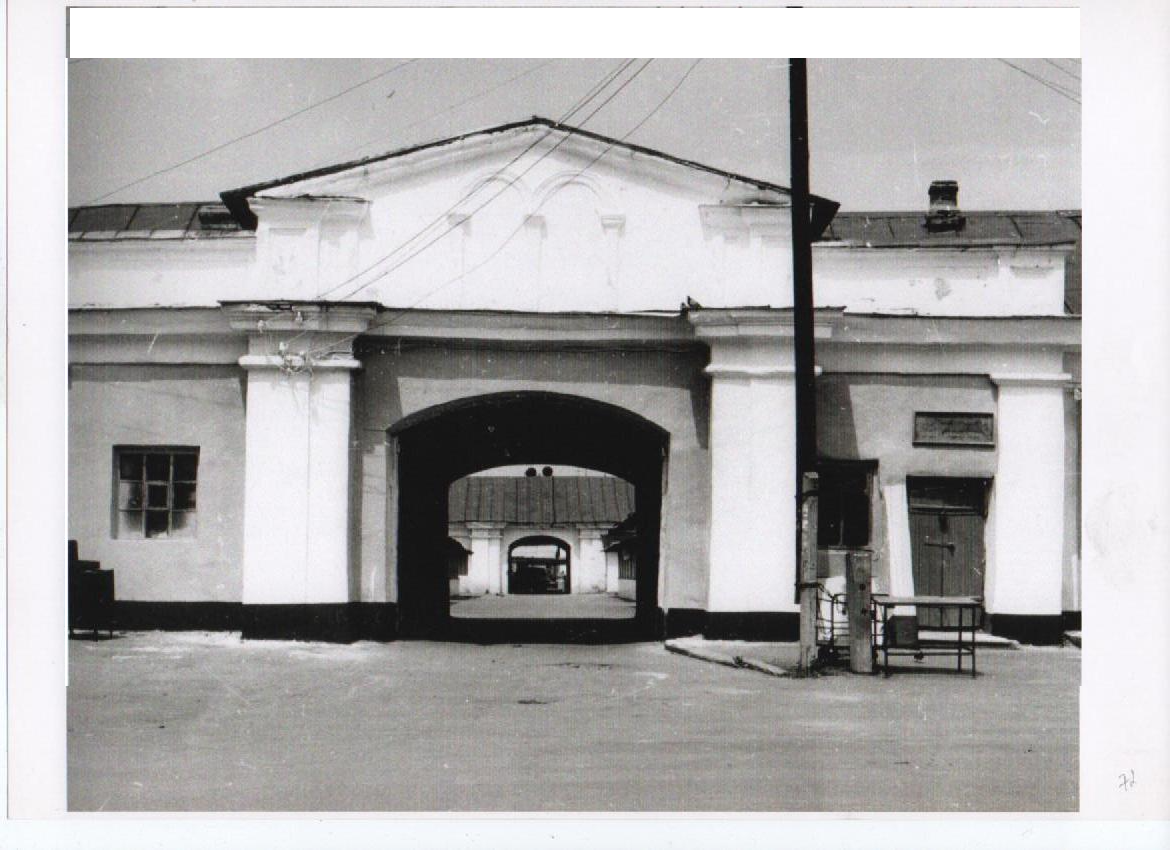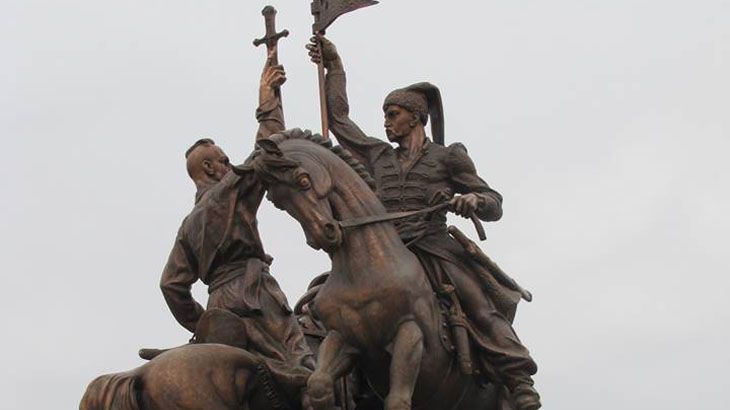Workshop for tour guides "Contested Chapters of the Shared History: Telling About the Second World War in Lviv"
March 6-7, 2019
Center for Urban History, Lviv
The workshop is part of the practical program "Development and Piloting of Materials for Tour Guides on Contested Topics of the Shared History of Lviv" elaborated in frames of the project "ReHERIT: Common Responsibility for Shared Heritage." The program aims at enhancing the competences of tour guides (city guides) in dealing with complicated topics of Lviv’s multicultural past, with the contested stories of different historical memories, and their contemporary interpretations. The program includes several stages: development of materials by a group of experts and tour guides; holding a workshop to test the materials; conducting pilot tours (excursions) based on the developed materials; and having regular city walks by Lviv tour guides with the program materials.
Choosing the Topic
To have various actors of multicultural heritage successfully interact, it is important to overcome prejudices and divisions. It is very often that the processes are hindered by the conflicting memory of the past when different interpretations of the same events coexist and are taken as mutually exclusive, whereas the "characters" of the same group are perceived as the "perpetrators" for the other, and vice versa. In particular, the subject of the Second World War is perused as a tool for mobilization in present-day conflicts, such as military, political, and symbolic. Varied versions of historical memory would often function as colliding sacral myths, with a complicated discussion between them. The lens of local perspective allows taking a look on the contested history and the traumatic memory beyond the boundaries of personal, national, and ideological framework.
Structure of Materials
The materials designed for the workshop "Contested Chapters of the Shared History: Telling About the Second World War in Lviv" are divided into 5 subtopics, such as Soviet occupation, collaboration and cooperation, topography of the Holocaust, behavioral models of civilians, and the end of war. The materials will focus on the contested dynamics of local and global processes, and will encourage individual re-thinking of the history of the WW2 to speak through this topic with various audiences.
Workshop Structure
The workshop invites to discussion on the materials that the tour guides could use in their work. During the workshop, there will be a presentation of materials, group work with individual topics, lectures and talks with researchers dealing with the most contested aspects of the Second World War, as well as the training on dialogue as a tool to address conflicting memories. The workshop will come out with individual projects of the walks developed by the city guides on the basis of the suggested materials.
Invited Lecturers and Experts
Iryna Brunova-Kalisetska
a Candidate of Psychology, CEO at “Information Research Center “Integration and development” NGO. Area of expertise: ethnic psychology, analysis and practices for conflict prevention, facilitation of dialogue on contested past and collective traumas. She runs trainings on prevention and transformation of conflicts, multicultural and peace education, cultural and conflict sensitivity, non-discrimination, etc. She has academic publications of her research of social psychological component of conflicting memories.
Taras Martynenko
a historian, expert in social history, everyday routines and social behaviour of Lviv residents during the Second World War, and social psychology. He is about to complete the Candidate research thesis “Population of Lviv during the Second World War: Social Conscience and Social Behaviour.”
Iryna Starovoyt
a literary scholar, Associate Professor at the Department of Culture Studies of the Ukrainian Catholic University, researcher of Scandinavian-British project “Historical Trauma Studies”. Research focus: history of ideas, dynamics of conflicts of cultural memory and their overcoming, negative heritage, ethics of memory, working on intercolonial trauma. Author of many anthologies and three collections of poems. The book A Field of Foundlings: Selected Poems, University of Washington Press and Lost Horse Press (2017). The publications on traumatic experience and contested memories: Traumatic Memories: From Holodomor to Maidan, in: Religion, State, Society, and Identity in Transition: Ukraine ( Ed. by Rob van der Laarse, Mykhailo N. Cherenkov, Vitaliy V. Proshak, Tetiana Mykhalchuk), WLP, Amsterdam, 2015, pp. 219-240; Landscapes of Guilt, Landscapes of Rescue in: Journal Granice # 2 01/2018. Szczecin University Press, pp.23-36; Loud Silence. What Do We Do With the Ugly Memories of Beautiful Cities? Korydor. July, 18, 2016.
Andriy Usach
a historian, a research fellow in the Memorial Museum of Totalitarian Regimes “Territory of Terror.” He is currently pursuing his doctoral degree in history at the Ukrainian Catholic University. He majors in the history of the Second World War, the Holocaust, and the memory thereon. He is author of multiple tours and a virtual tour along the Holocaust related sites in Lviv. He is working on his candidate thesis on local collaboration and the Holocaust in the occupied Ukraine.
Authors of materials and workshop tutors:
Olena Andronatiy, Inna Zolotar, Iryna Matsevko, Anna Chebotariova, Tomasz Jankowski
Read more
About the program for tour guides
About the project ReHERIT: Common Responsibility for Shared Heritage
Organizers:
Center for Urban History
The program is part of the project ReHERIT: Common Responsibility for Shared Heritage. The project is funded by the European Union.
